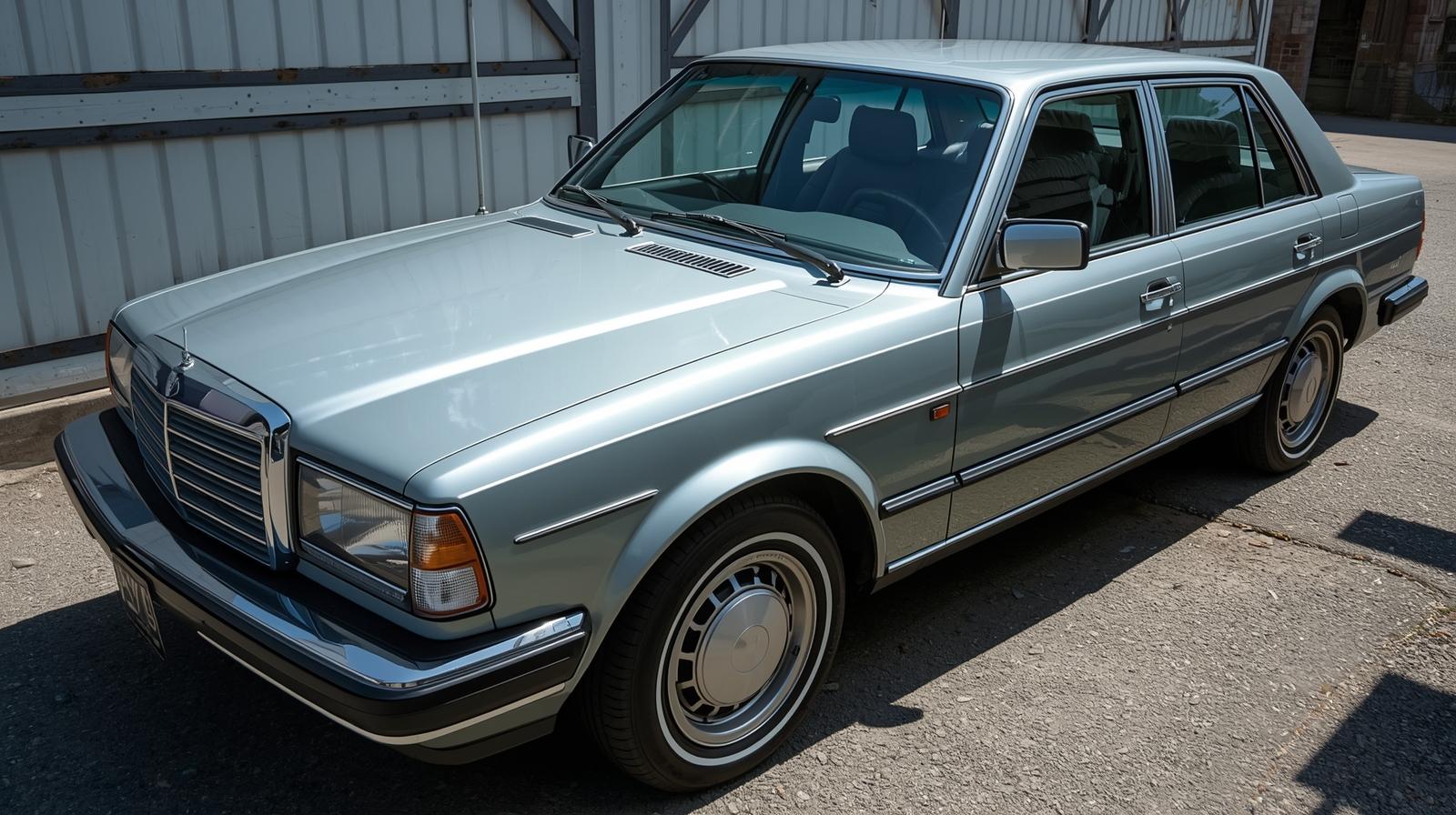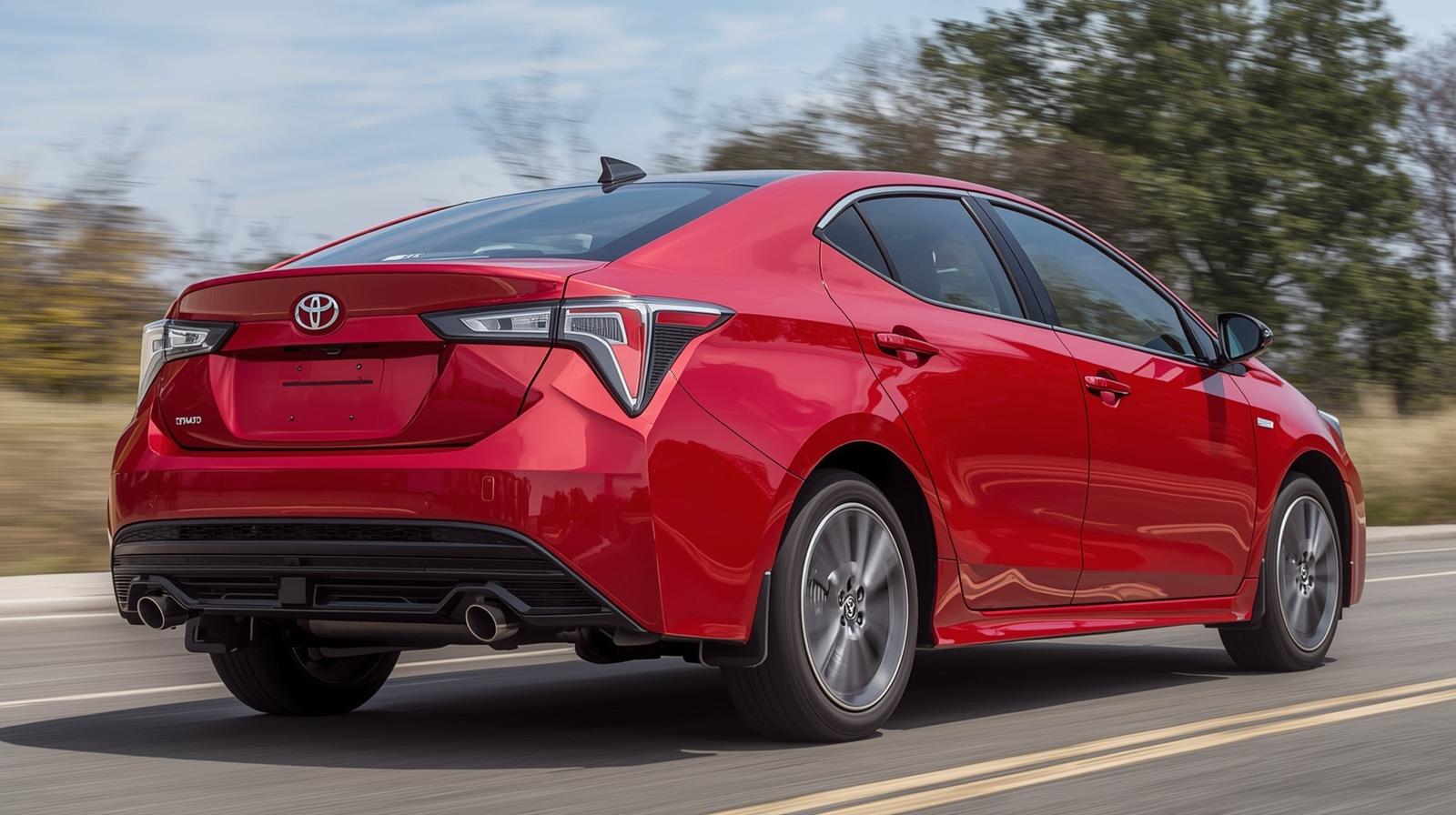What’s the Best Time of Year to Buy a Car?
Shopping for a car—whether it’s your first vehicle or an upgrade—can be exciting and overwhelming at the same time. One of the most common questions buyers have is, “When is the best time to buy a car?” The answer often depends on factors like inventory, dealership sales cycles, and even the time of day. Timing it right could save you thousands of dollars, so it’s worth paying attention. If you’re gearing up to purchase a vehicle, here’s everything you need to know about the best times of year to secure a great deal on a car. Car dealerships follow specific sales patterns that affect pricing. Everything from seasonal demand to the end-of-year push can influence how much you’ll pay. Understanding these sales cycles gives you an edge, helping you nab discounts and special promotions that can significantly lower your overall cost. Additionally, dealerships often have monthly, quarterly, and annual sales goals, which means they’re more motivated to clear inventory at certain times to meet those goals. Knowing when dealerships are under pressure to hit a target is your opportunity to negotiate a better price. Here are the key periods when you’re most likely to score a deal on your dream car: Car dealerships typically operate on monthly sales quotas. Toward the end of the month, sales teams are more likely to negotiate on pricing if they’re trying to hit their targets. If you’re ready to make a purchase, the last few days of any month are prime time for bargaining. The same principle applies on a larger scale at the end of each quarter. March, June, September, and December tend to be particularly great for buyers. During these months, dealerships are often more willing to slash prices to meet both individual and corporate sales goals. If you’re looking for the best possible deals, December is often hailed as the ultimate time to buy a car. By this point in the year, dealerships are desperate to meet year-end quotas and free up space for the next year’s models. Days like December 24th and December 31st are particularly golden opportunities, as they combine monthly, quarterly, and yearly pressures. Additionally, manufacturers and dealerships both tend to roll out the biggest rebates and promotions in December, making it an excellent month for saving. National holidays bring big sales events. Memorial Day, 4th of July, and Labor Day are favorites for dealerships to hold promotions. While you may not see the aggressive year-end pricing, you can still score significant discounts, especially on last year’s models. Black Friday is another underrated time for car deals. Although it’s better known for consumer electronics, many dealerships offer exceptional discounts over that weekend to maximize foot traffic. Every fall, dealerships need to clear out current-year inventory to make room for next year’s models. This is your chance to take advantage of significant discounts on vehicles that are technically “outdated” but still brand-new. Look for model year-end clearance events around late summer through early fall (August through October). Even though these vehicles are older based on model years, they’re brand-spanking new and include full warranties. It’s an excellent opportunity to drive home a new car while saving money. Interestingly, tax season brings a unique opportunity to buy a car—especially if you’re a savvy negotiator. Dealerships know people are receiving their tax refunds and looking to make major purchases. This period sometimes brings promotions targeted to buyers flush with refund checks. While you’ll still want to negotiate, it can be a solid time to shop, especially if you need a car earlier in the year. While it’s not a “time of year” tip, shopping later in the day can work in your favor. Dealership employees are often eager to wrap up their day, making them more willing to close a deal quickly—even if it’s at a slight discount. If you’re in the market for a used vehicle, the above timing principles generally still apply. End-of-month and end-of-year deals are still relevant for pre-owned vehicles as well. However, keep an eye out for tax season promotions aimed at used cars, as they’re particularly popular among buyers looking to stretch their budgets. Additionally, the early summer months (May through July) can be a strong time to shop used cars because many lease agreements end during this period. This leads to a higher volume of lease-return vehicles entering the used market, which can often mean lower prices and more options. Timing is critical, but it’s not the only factor to consider when buying a car. Here are a few additional tips to keep in mind: Do Your Research: Before walking onto a dealership lot, know the fair market value for the car you’re interested in. Websites like Kelley Blue Book or Edmunds can help you understand pricing trends. Pre-Arrange Financing: Having pre-approved financing from your bank or credit union gives you leverage when negotiating with dealerships, as it shows you’re a serious buyer. Be Flexible: If you’re set on a specific make, model, and features, you may have less negotiating power. Being flexible with things like trim level, color, or even the car model can open the door to better deals. Look Online First: Check inventory online before visiting a dealership. Some dealerships even offer online-only discounts. Be Patient: If you’re not in a hurry to buy, waiting for the perfect timing can pay off—literally. Buying a car is a significant investment, and timing your purchase correctly can result in substantial savings. While the end of the year and major holidays often yield the best deals, even timing your visit to the end of the month or day can give you the edge you need. Remember, preparation and flexibility go hand-in-hand with timing. The more informed and ready you are, the easier it will be to walk away with a great deal. If you’re thinking about buying a car soon, what’s your perfect timing? Consider these tips to make your next car-buying experience as smooth—and affordable—as possible. Happy car shopping!Why Timing Matters in Car Buying
Best Times of Year to Buy a Car
1. End of the Month
2. End of the Quarter
3. End of the Year
4. Holiday Sales Events
5. Model Year-End Clearance
6. Tax Season (February to April)
7. End of the Day
What About Used Cars?
A Few Final Tips for Strategic Car Buying
Final Thoughts: Your Perfect Timing Awaits




